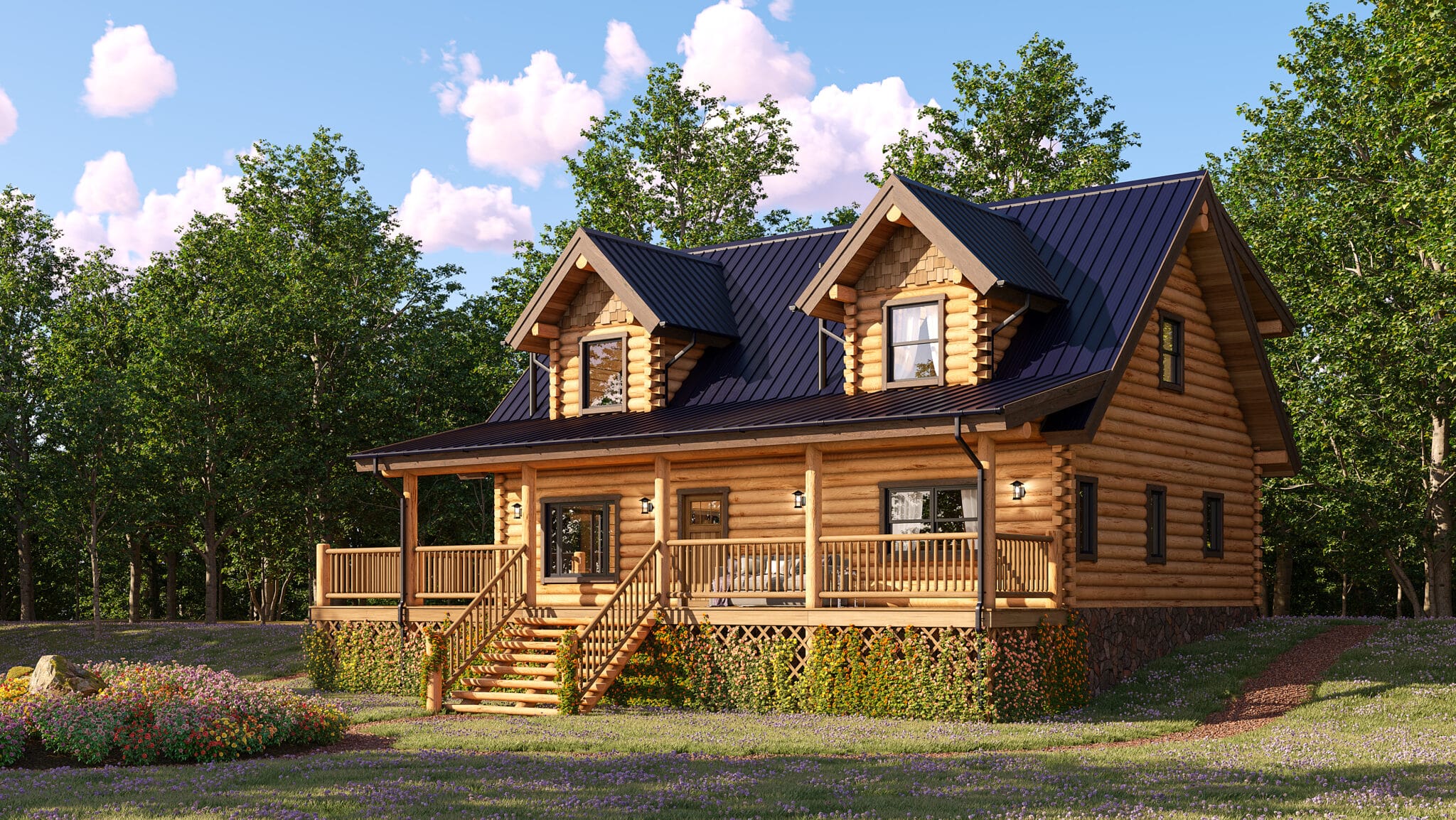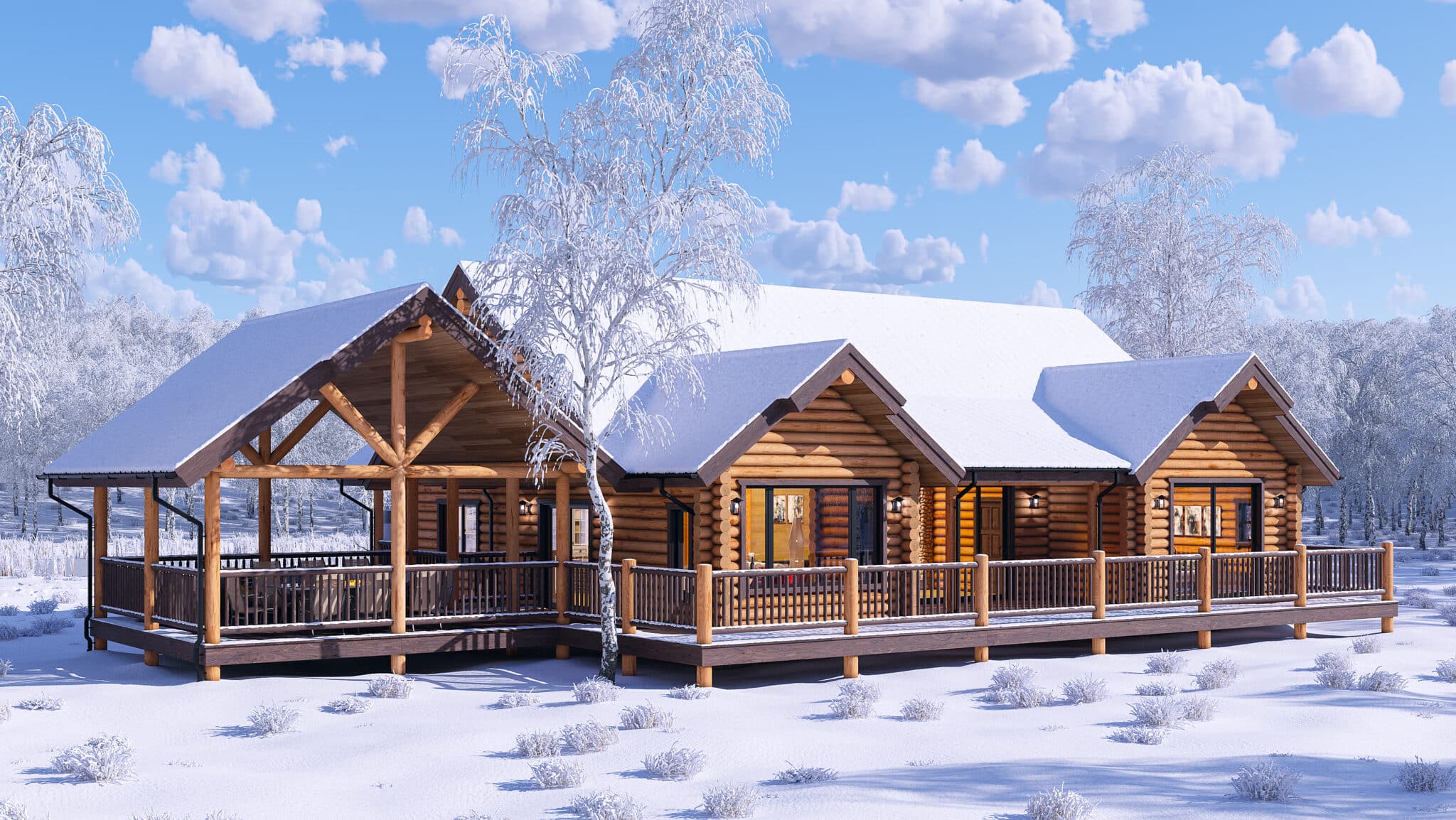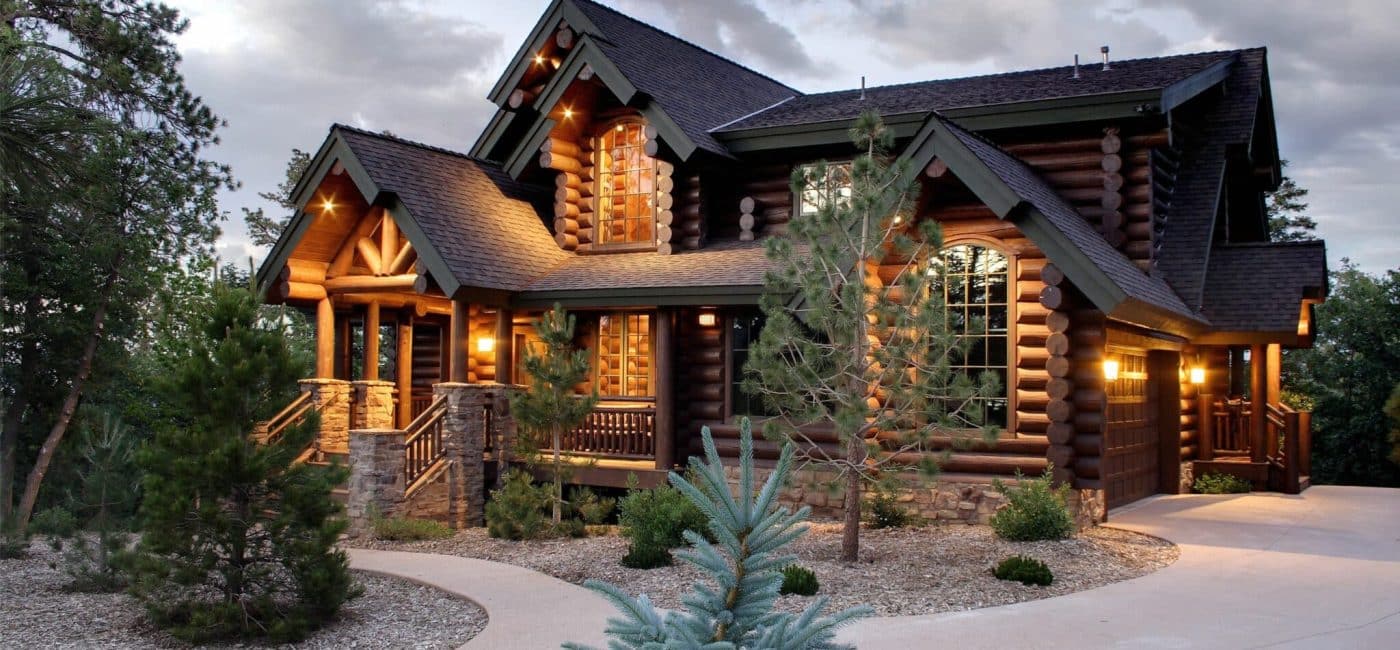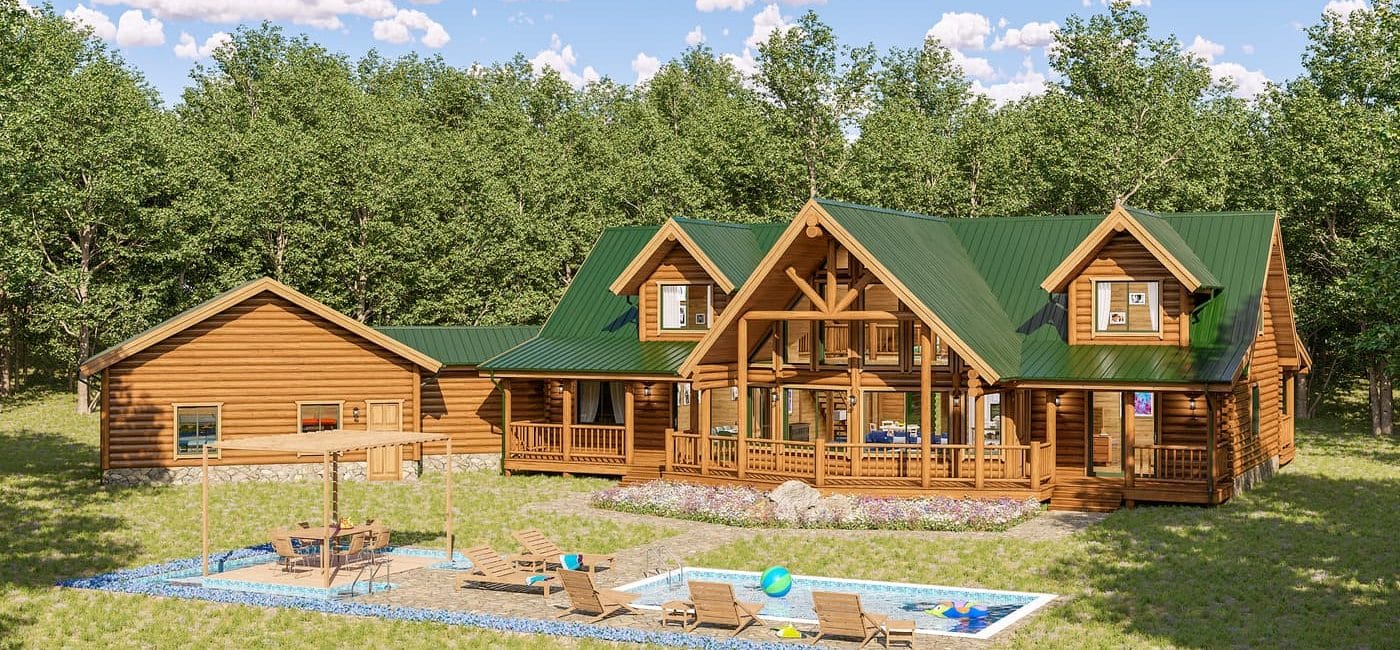How to Determine the Correct HVAC System for Your Log or Timber Home
When building your log or timber home, selecting the right heating system is crucial for your overall comfort and energy efficiency. There are many types of heating systems to choose from. Understanding how each one works can help you make the best decision. Here are many things you need to know to determine the correct HVAC system for your log or timber home.
Central Heat HVAC System Types
Central heat is the most common heating option in many North American households. A central heat furnace is a popular choice as an HVAC system for your log or timber home. Heated air is blown through ducts to registers to distribute warm air throughout your home. The temperature can be controlled for your comfort through a thermostat, which can help you save money on your monthly energy bills.
Boilers differ from furnaces by delivering heat through hot water through radiators. As the water circulates, it cools and returns to the boiler HVAC system for your log or timber home to be reheated. Depending on the season, heat pumps act as two-way air conditioners circulating warm air indoors or outdoors.
Direct Heat HVAC System Types
Direct heat can be the correct HVAC system for your log or timber home if you want to warm up smaller areas. Gas-fired space heaters are a popular option to heat a single room. Most log homes are quite open which allows a direct heat system to heat large areas. You may be able to heat several additional rooms if you leave the doors open throughout your log or timber home. Electric space heaters can be more affordable to buy but expensive to use.
Wood-burning stoves can be perfect for rural homes if you want to save money by cutting your own wood and stoking the heat. Pellet stoves can provide greater indoor air quality and convenient temperature control than wood stoves. Gas and wood fireplaces may not be the correct HVAC system for your log or timber home as more heat tends to be lost than provided. These fireplaces draw in mostly warm air instead of cold air to work more effectively. If the fireplace features a tight sealing door and a decent chimney damper, you might be able to receive efficient heat.
Small wall mounted electric units are often used to heat small rooms such as bathrooms where additional heat is desired.
Cutting Edge HVAC System Types
Cutting-edge HVAC systems for your log or timber home options can provide you with a unique and efficient way to stay warm and comfortable. Radiant floor heat circulates warm water through tubes under the flooring in your home. It can be highly efficient but expensive to install and can limit flooring options. Ductless, mini-split and multi-split heating systems are excellent for cold-weather performance and cost-effective if you are replacing electric resistance heating. These systems can also raise the overall value of your home.
Infrared heating is an economical electric heating option. Inconspicuously placed narrow heating units are placed high on the walls which heat items in the room which in turn heat the room they are in. The units can be color matched with the logs or painted walls. Material costs are low as well as energy usage and installation is rather simple. The downside is that they don’t provide AC.
Combined heat and power are a newer heating system option that is not yet readily available in most areas. This HVAC system for your log or timber home relies on a small generator to meet some of the home’s electrical demand. Waste heat is recovered to provide hot water and heat to the home. This can be an ideal option for homes without the full amount of insulation preferred resulting in high heating bills.
Expert Advice for the Correct HVAC System for Your Log or Timber Home
If you need help choosing the correct HVAC system for your log or timber home, it can be helpful to reach out to a professional for advice. The design professionals at Sierra Log & Timber are experienced with many types of heating systems and can help you choose the best option to suit your needs. Request a design consultation today.









